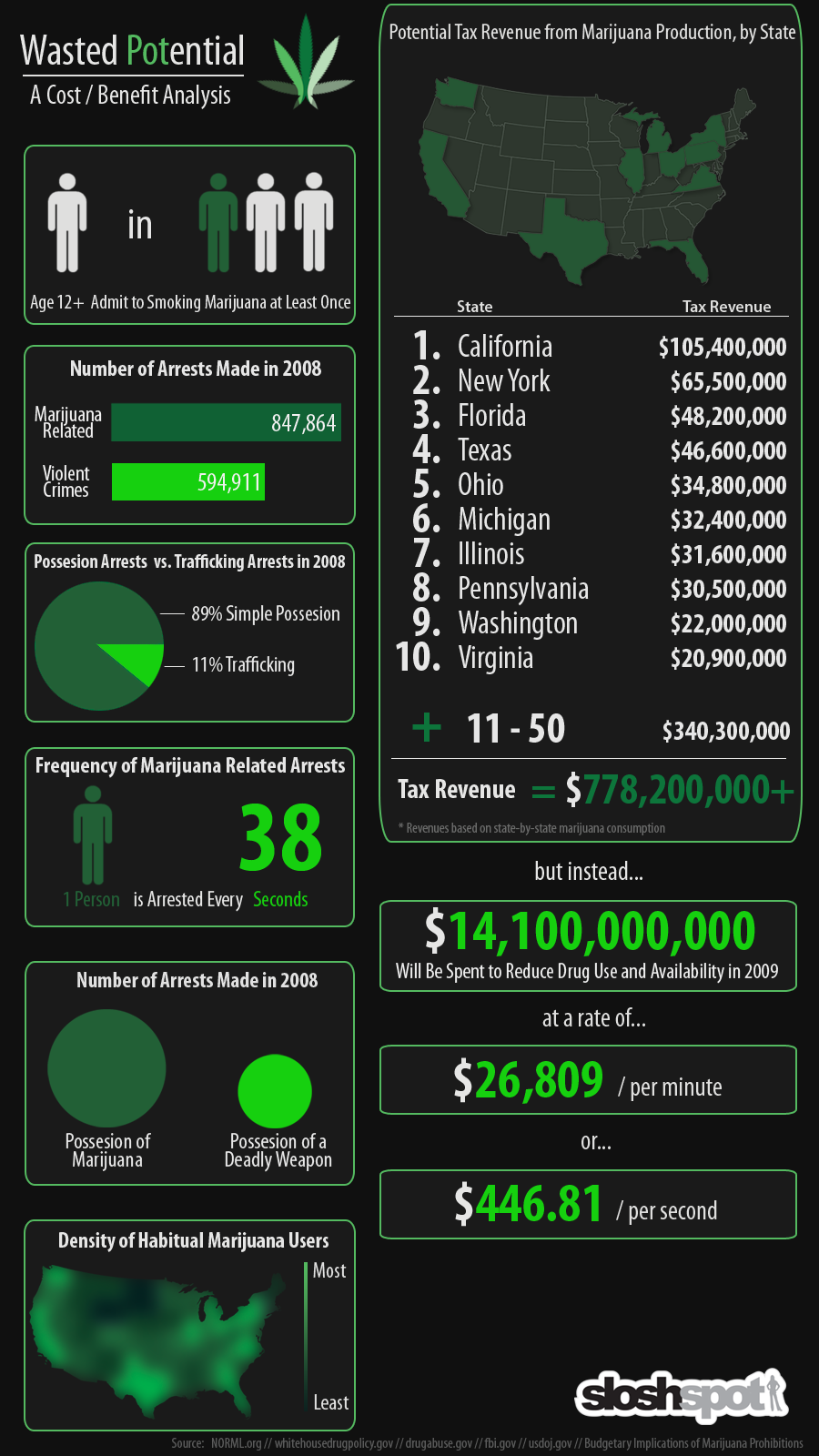Snapchat snaps back at Facebook
Snapchat surprised the world when the company that is literally worth nothing was offered $3 billion by Facebook and turned it down. The concept to the app is simple: teens send temporary photos of themselves like text messages only to have them erased. The points of difference for this service are unique from those that share the same social media niche as them. Instagram and Facebook operate on a permanent photo-posting basis which allows Snapchat to differentiate itself. Their rising popularity amongst teens showed Mark Zuckerberg the potential of this tool as an advertising platform. When people grow accustomed to a social media tool it is usually because they have developed a large follower base and are unwilling to switchover. With that preset circumstance for Snapchat, Facebook could find its benefit from the large user base.
Snapchat had its reasons for rejecting the offer. Facebook’s intentions would be to take advantage of cliental loyalty for pure profit maximization. Snapchat, on its own, would remain true to its product and still increase profit by offering extensions of the service and ask for a charge in return. Also, by partnering with Facebook, the stigma of invasion of privacy would impede on the app’s brand image.
Sources:
http://abcnews.go.com/blogs/business/2013/11/snapchat-doesnt-make-any-money-why-is-it-worth-so-much/









